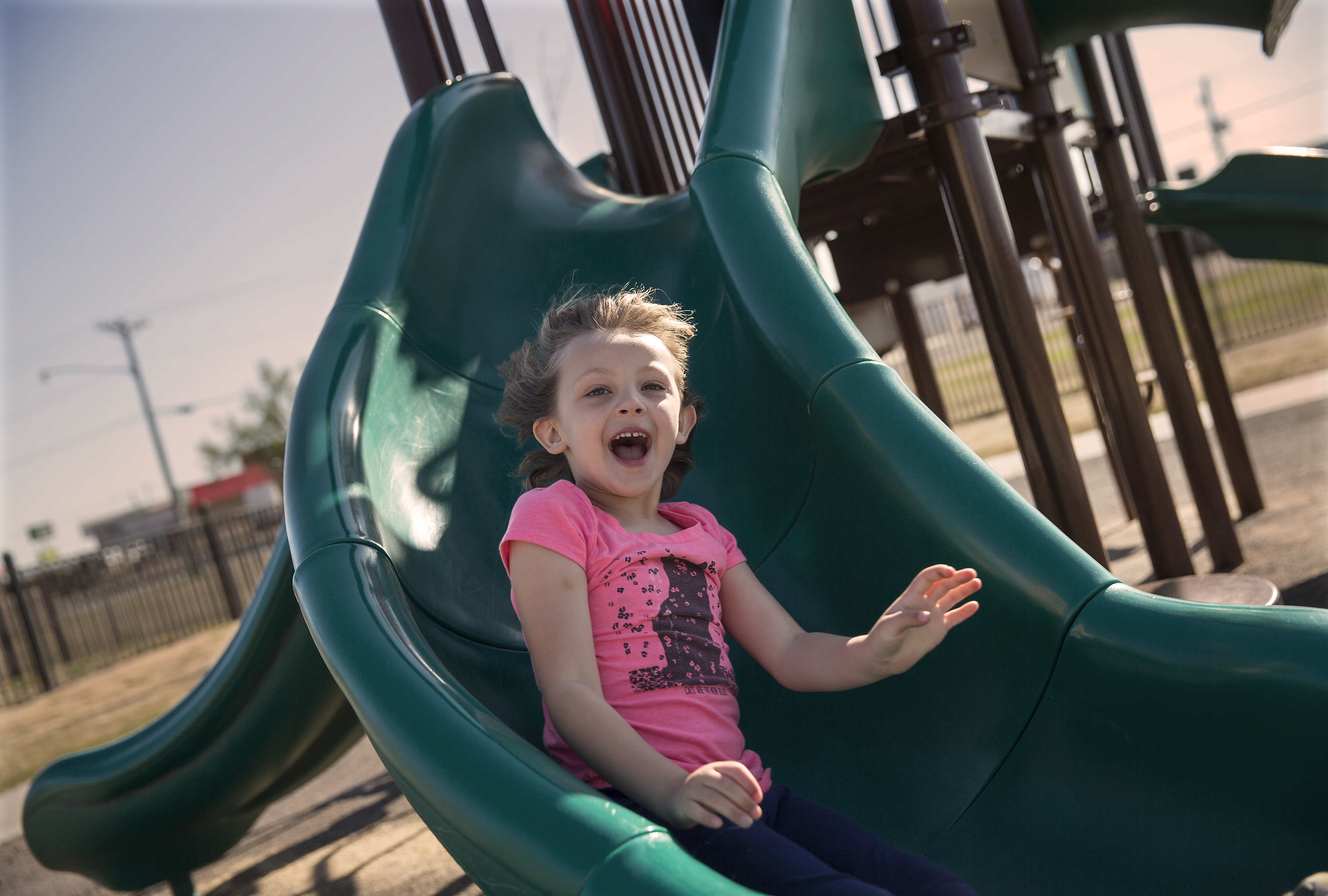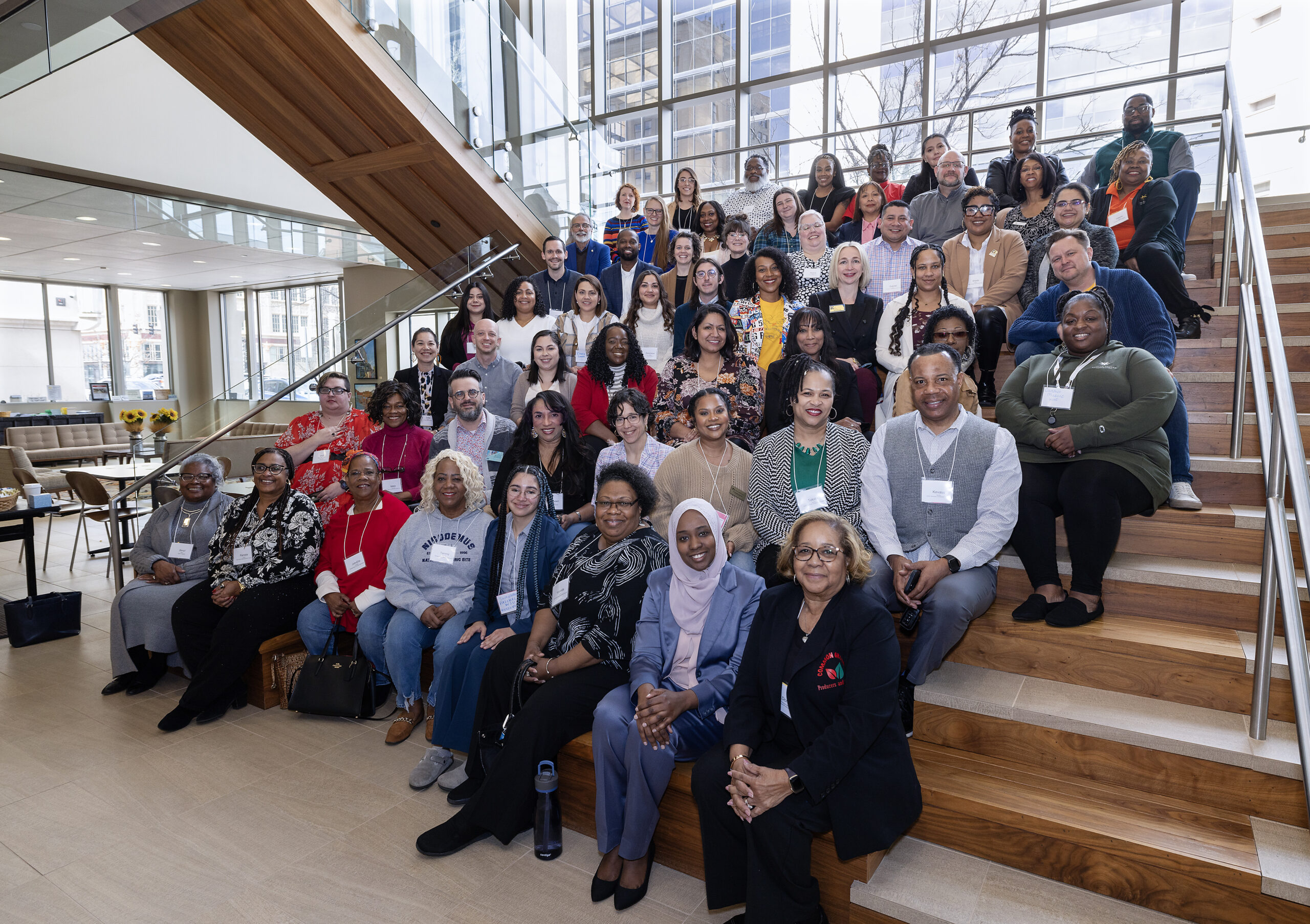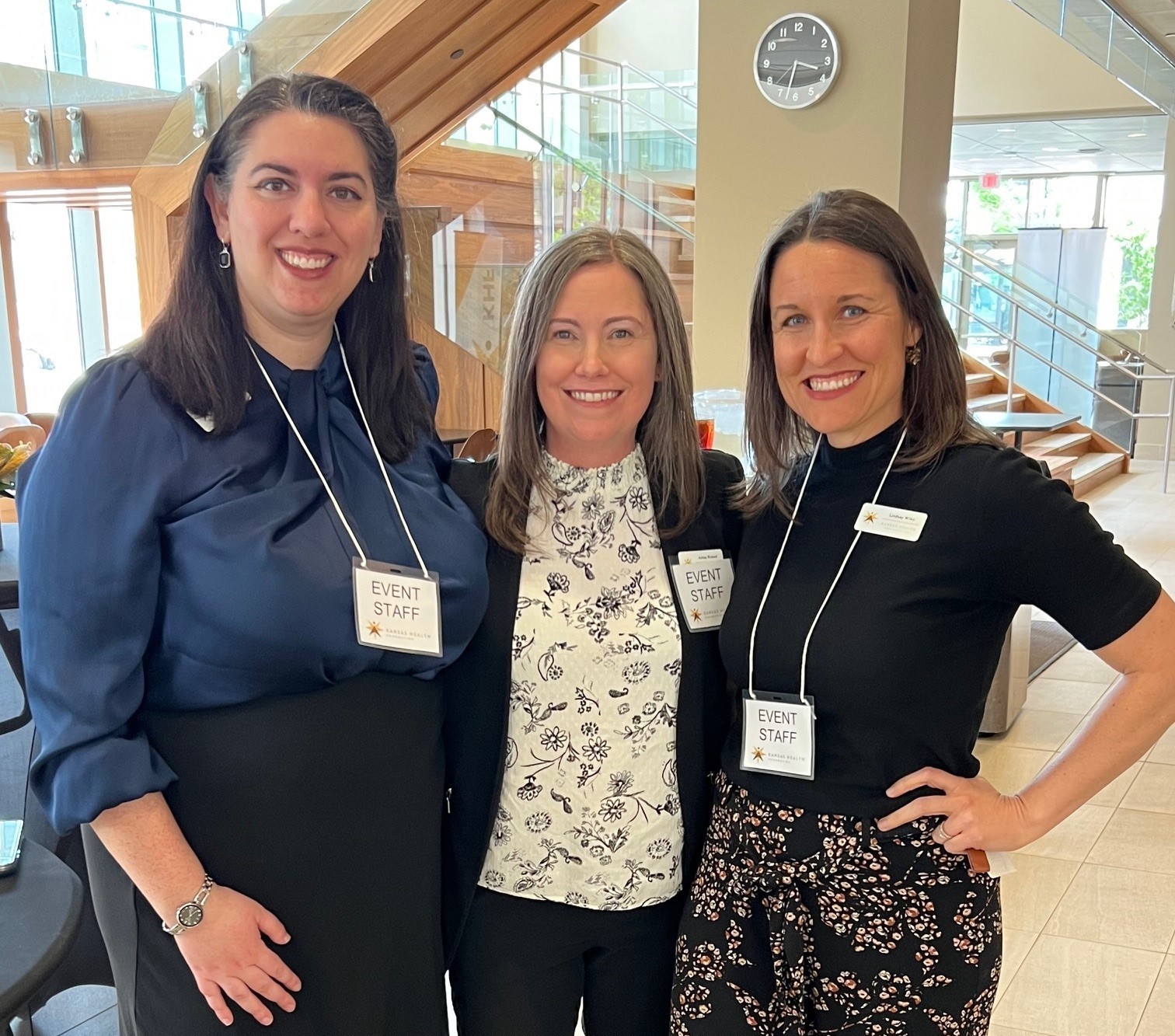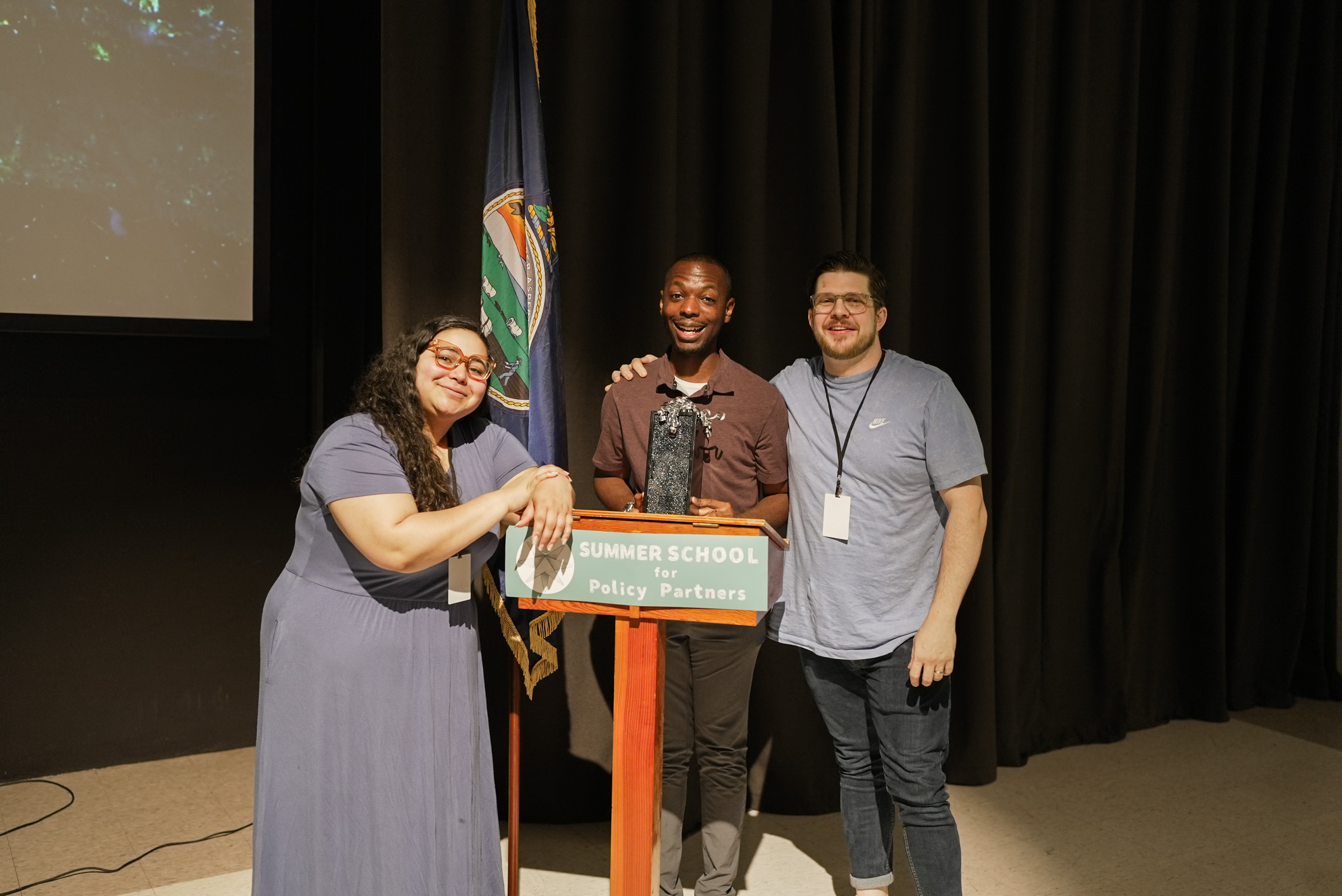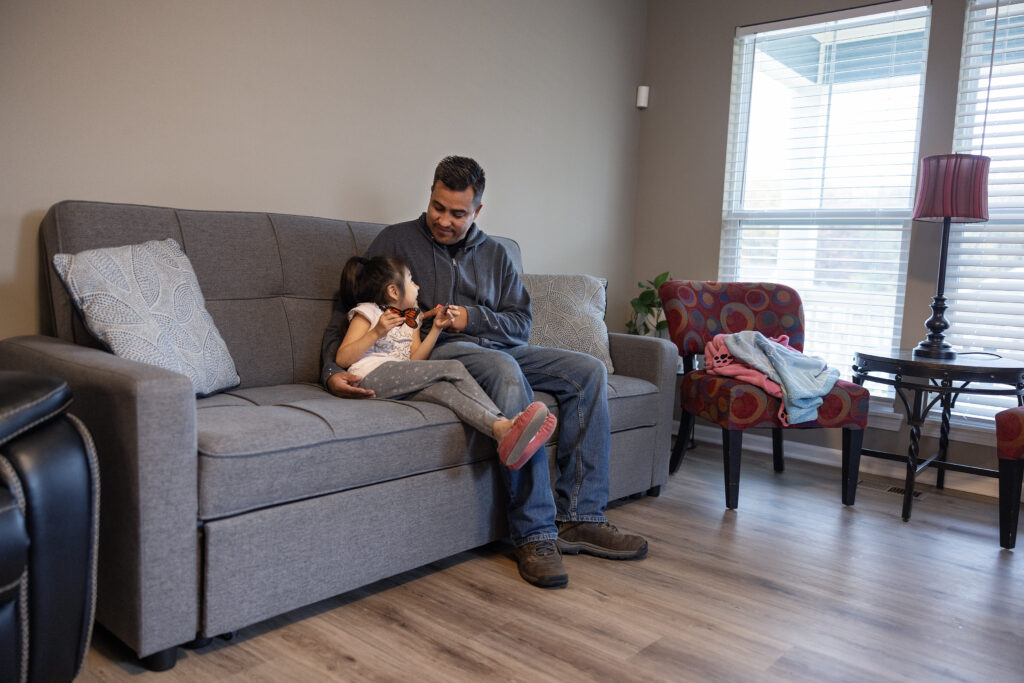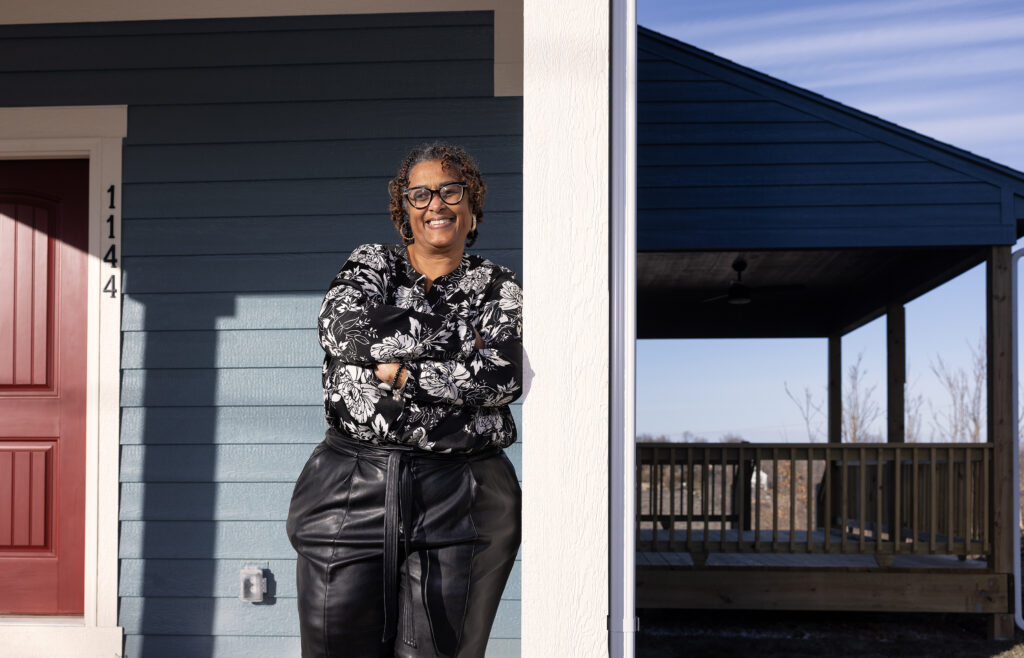Rural Kansas can seem idyllic – beautiful landscapes, close-knit communities, and strong values are the backbone of many small towns. But keeping rural Kansas healthy is an ever-present and growing challenge.
Dr. Jennifer McKenney is a physician in Fredonia, Kans. She sees firsthand the challenges of providing preventative care services in rural communities.
“We don’t have all the resources of a larger city, like the equipment to do a test right when we want it,” McKenney said.
But Dr. McKenney’s office works with what they have to provide quality care to residents of Fredonia, and to residents of nearby towns, such as Independence, where Mercy Hospital recently closed its doors.
“It’s probably one of the biggest challenges right now,” McKenney said. “We are constantly worried whether our hospital is going to close, or whether we have enough money to keep it open.”
The closing of a community’s hospital has wide-reaching effects, not just on the physical health of a community, but on its economic health as well. When a hospital closes, doctors begin to move away. Businesses look to other cities where they can offer comprehensive health options to their employees. Residents are forced to take their medical spending to nearby towns and cities.
The Kansas Health Foundation’s interest in supporting the health needs of rural Kansas dates back to the late 1980s, when rural health was one of the organization’s stated focus areas. In terms of specifically focusing on rural health care facilities, KHF provided key grants in 1990 to support the state’s selection as one of seven pilot states receiving federal funds through the Essential Access Community Hospital/Rural Primary Care Hospital (EACH/RPCH) Program. In addition to the federal funding received, this initiative also led to critical access hospitals in Kansas receiving cost-based reimbursements rates for services during much of the next decade.
The future of small town medical care is also reliant on a shrinking number of small town doctors. McKenney is seeing fewer and fewer medical students who are choosing to be family physicians, and of those, few are moving to rural towns.
In fact, according to the National Rural Health Association, headquartered in Leawood, Kans., though nearly a quarter of the population resides in rural areas, only about 10% of doctors practice there. This leaves a big gap in small town doctors’ offices.
“We do rely on nurse practitioners and physician’s assistants for more acute cases, like coughs and colds,” McKenney said. “But, it’s hard because we like to see our own patients.”
Filling that gap could mean making family practice more attractive. Currently, medical school grants tend to favor specialization, which pulls more graduate away from family medicine. Shifting grant money to give medical students more experienced in rural areas could help promote the small town family practice to students.Another challenge is enticing medical students to move (or return) to a rural area to practice. Dr. McKenney believes in starting early to capture people from small towns to come back.
During the past 20 years, KHF has continually looked for opportunities to support family practice doctors, especially those interested in practicing in rural areas. In 1994, KHF partnered with the KU School of Medicine for what became known as the Primary Care Physician Education program, an initiative aimed at increasing and the number of primary care doctors training and practicing in the state.
“I have high school students come shadow me to begin to see that family medicine is a great field,’ she says. “Then I try to stay in contact, mentor them all the way through, so that when they begin making that decision in med school, they are still interested in family medicine. Because what we need right now is more family doctors.”
It’s an issue that will continue to be a challenge for rural areas in Kansas and beyond. However, dedicated providers like Dr. McKenney, as well as new students graduating from medical school in the coming years, are doing their part to preserve health services for our state’s rural population.

